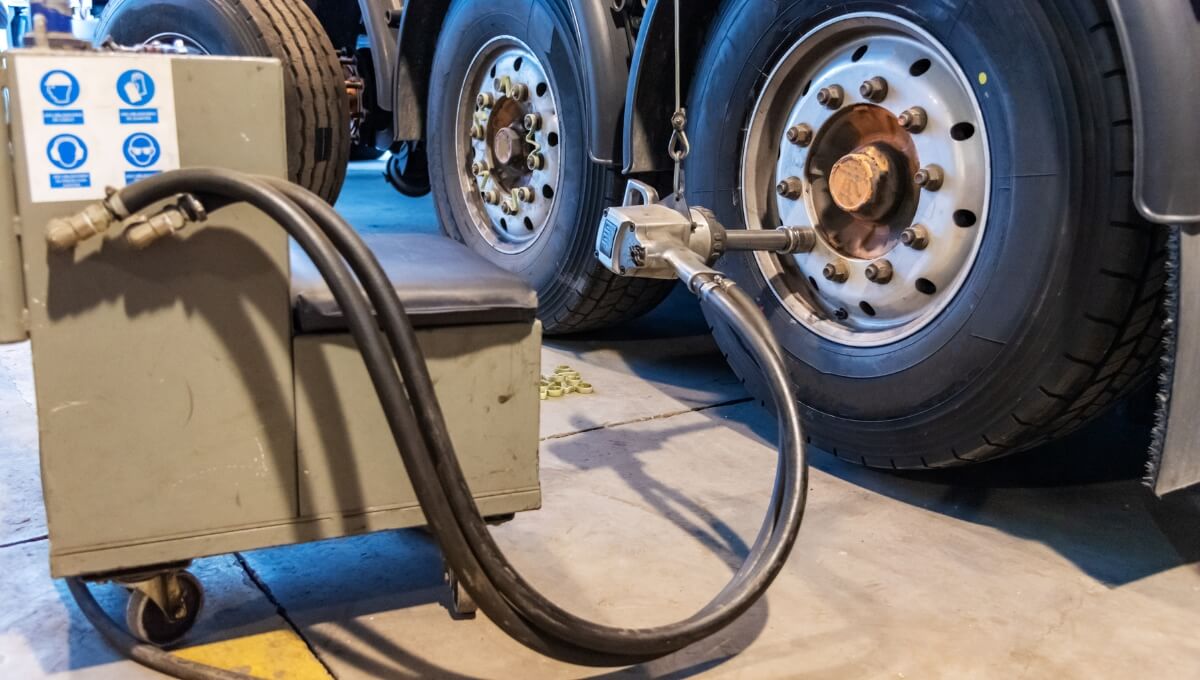When a truck accident occurs, the implications can be vast and devastating, not just in terms of the physical impact but also the legal complexities. Central to understanding these legal intricacies is recognizing the role of safety regulations in the trucking industry. Safety regulations help ensure that the trucking industry maintains a high safety standard and play a pivotal role in litigation post-accident litigation. These rules can be instrumental in determining liability, negligence, and the potential compensation a victim can seek.
Navigating through this maze of regulations and their implications on your case takes work. That’s where J.G. Winter Law comes in. With vast experience and in-depth legal knowledge, we guide victims to understand how these regulations can influence the outcome of their cases.
Understanding federal, state, and local trucking laws
The trucking industry is governed by a multi-tiered system of laws that span federal, state, and local jurisdictions. These regulations are implemented to ensure the safe operation of trucks on the road, and they cover a wide range of topics, from driver qualifications to equipment standards. Below are listed some of the key regulations that profoundly influence the safety standards in the trucking industry.
Truck driver hiring and training procedures
One of the foremost ways to ensure road safety is by ensuring that the drivers behind the wheel are qualified and trained. Regulations stipulate strict hiring criteria, which include background checks, driving history scrutiny, and specific training programs. These procedures are crucial to ensure that only capable individuals are operating these massive vehicles on the road.
Hours-of-service rules
Driver fatigue is a significant cause of accidents. To reduce fatigue-related truck accidents, hours-of-service rules have been set up to limit the number of hours a truck driver can operate without rest. These regulations dictate the maximum working hours, mandatory rest periods, and weekly limits, ensuring that drivers get the necessary rest to operate vehicles safely.
Drug and alcohol tests
Impairment due to drugs or alcohol can severely affect a driver’s ability to operate a truck safely. Regular and random drug and alcohol tests are mandated for truck drivers to ensure they are always in the right state of mind when driving. These tests are critical in preventing accidents caused by impaired driving.
Do you know what are the most common drugs used by truck drivers?
Fleet maintenance requirements
The condition of the truck plays a pivotal role in ensuring safety on the road. Regulations stipulate rigorous fleet maintenance standards, ensuring that trucks are regularly inspected, maintained, and any faulty equipment is promptly replaced. It ensures that the vehicles on the road are in optimal condition, minimizing the risk of equipment failure.
Cargo load securement rules
Improperly secured cargo can pose a significant risk, leading to load shifts that can cause trucks to overturn. Regulations dictate specific rules on how cargo should be loaded, secured, and transported. These rules ensure that the weight is distributed evenly and that the cargo remains stable during transit, preventing potential accidents.
How trucking laws affect your case?
Trucking laws, established to safeguard the roads, have profound implications when seeking justice post a truck-related accident. Their existence or violation can considerably influence the course and outcome of a legal case, especially when determining fault and compensation.
Violations of safety regulations helps in determining liability
When a trucking company or driver breaches safety regulations, it becomes a pivotal point in accident cases. These violations, whether related to driver fatigue, maintenance neglect, or improper cargo loading, can serve as strong evidence, making it easier to ascertain liability and strengthen the victim’s claim. In such cases, you can directly report an unsafe trucking company.
Trucking safety regulations and negligence

Safety regulations are instituted to ensure the safe operation of commercial trucks on the roadways. However, when one overlooks or blatantly ignores these regulations, it paves the way for negligence, often resulting in devastating accidents. Recognizing how these regulations intertwine with negligence can offer clarity when determining fault in a truck accident case.
- Driver Fatigue: Overlooking hours-of-service rules can lead to tired drivers, which heightens the risk of errors and accidents.
- Improper Maintenance: Ignoring fleet maintenance standards may result in vehicle malfunctions, like brake failures or tire blowouts, significantly increasing the chance of accidents.
- Overloading: Failing to adhere to cargo load securement rules can cause trucks to be unstable, making them prone to tipping or shedding their load.
- Impaired Driving: Skirting drug and alcohol testing regulations jeopardizes everyone on the road, as impaired drivers have diminished reflexes and judgment.
- Inadequate Training: Neglecting proper driver hiring and training procedures can lead to inexperienced or ill-prepared drivers handling large, potentially dangerous vehicles.
What is strict liability?
Strict liability is a law that holds parties responsible for their actions regardless of their intent or level of care. Essentially, under strict liability, a defendant can be held liable even if they did not act negligently or with the intent to cause harm.
How do strict liabilities apply to trucking companies?
When trucking accidents occur, strict liability often applies to trucking companies if one of their trucks causes an accident, even if the company follows all safety regulations. It ensures that victims can secure compensation from entities with deeper pockets, maximizing their chances of full recovery.
Have you been in a truck accident? Read our blog to learn about Coping with mental health issues after a truck wreck.
Contact a skilled California truck accident lawyer like J.G. Winter Law

When you’re involved in a truck accident, understanding the intricacies of trucking regulations and their implications on your case can be daunting. Navigating the legal landscape requires expertise and precision, ensuring you get the compensation you deserve. An experienced truck accident lawyer can help you guide through your legal options.
J.G. Winter Law is equipped with a team of dedicated truck accident attorneys. Our lawyers are well-versed in the nuances of trucking law and its intersections with liability and compensation. Our personal injury law firm in California has a proven track record and deep commitment to our clients, which make us the ideal choice for those seeking justice in truck accident cases. Contact us today and let the experts champion your cause.


